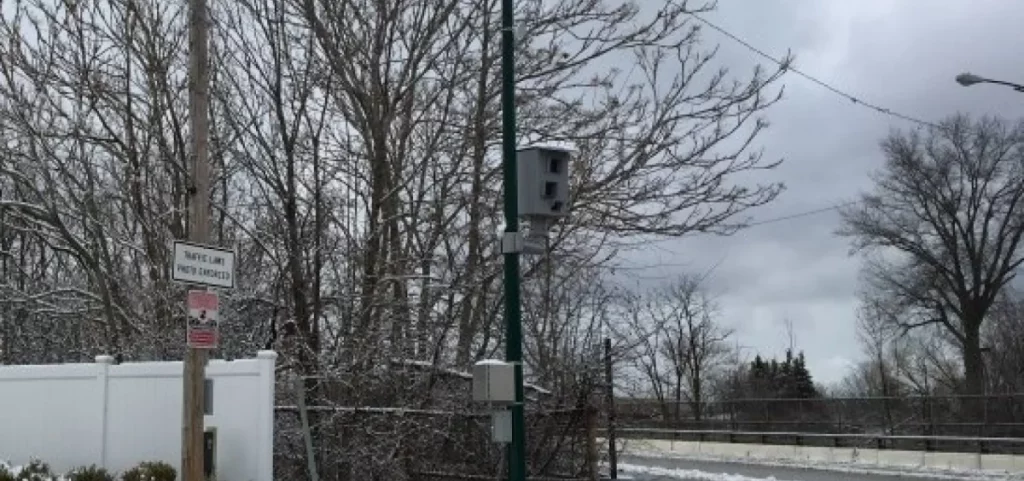News
A bill continues Ohio lawmakers’ crackdown on traffic cameras by requiring each to have a license
By: Karen Kasler | Statehouse News Bureau
Posted on:
COLUMBUS, Ohio (Statehouse News Bureau) — Several cities are still running red light and speed cameras, even as lawmakers have tried to crack down on them. One of the legislature’s biggest critics of traffic cameras has launched a new effort targeted at the millions of dollars those cameras bring in each year to the companies that administer them.
Rep. Tom Patton (R-Strongsville) said no one knows how many traffic cameras are in operation in Ohio and how much they bring in. He said House Bill 416 would solve that, by going after the companies that operate the cameras for communities, some of which he notes are based outside of the U.S.

Companies would be charged a $100,000 license fee and $5,000 a month for the calibration of each camera by the Ohio Department of Public Safety.
“We license just about everything else. We license plumbers, we license nurses,” Patton added. “This cash grab, which I always believe it is, is going completely unchecked.”
The bill also would require tickets be sent out within 72 hours.
State lawmakers of both parties have argued for and against traffic cameras for well more than a decade. Cities have long said camera programs make streets and intersections less dangerous, and that they raise revenue that can also help with safety. And they have fought against efforts from state lawmakers to crack down on them, which have included requiring a police officer with each camera, banning cameras in towns of 200 or fewer residents or those that don’t have fire or emergency services, and prohibiting more than 30% of a community’s revenue from traffic camera tickets. Some communities have ended camera programs either because of those regulations. Cleveland residents voted to end that city’s traffic camera program in 2014.
Not all the efforts to regulate traffic cameras have passed, and many of the ones that have resulted in lawsuits. The latest was in 2022, when the Ohio Supreme Court ruled the state can reduce the funding it sends to cities with camera programs by the total those programs bring in.

